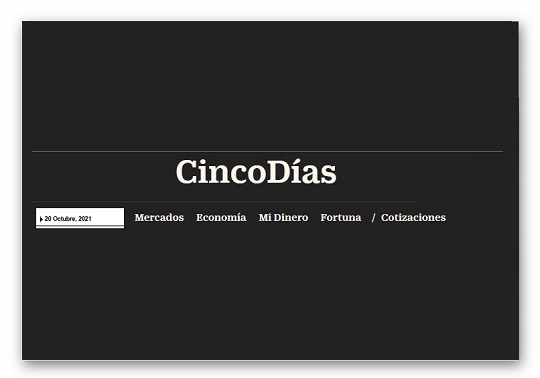
The draft Royal Decree amending the General Accounting Plan (PGC) was published in December 2015, but it has been paralyzed until the setting-up of the new government. Some of the main novelties presented by this Plan are related to the Formulation of Consolidated Annual Accounts.
17 november 2016
Directive 2013/34/EU of the European Parliament and Council was drafted with the aim of simplifying the accounting obligations of small enterprises. The first step in the new process of accounting harmonization came with the approval of the recent Law 22/2015 for Accounts Audit, in which the necessary amendments that are to be introduced in the Code of Commerce (CdC) and in the text of the Law of Capital Companies have been incorporated.
Now the next step is the regulatory development of the changes introduced in our accounting Law, through the approval by Royal Decree of the modifications in the General Accounting Plan (PGC), the General Accounting Plan for Small and Medium Enterprises (PGC-SMEs), in the Standards for the Formulation of Consolidated Annual Accounts (NFCAC) and in the General Accounting Plan's Adjustment Rules.
Now the next step is the regulatory development of the changes introduced in our accounting Law
One of the changes that stand out is related to intangible assets, especially goodwill. In this sense, article 4 presents novelties in the NFCAC on the assumptions of exemption and exclusion from the obligation to consolidate, treatment of consolidation goodwill and some technical improvements.
Intangible assets shall be amortised over their useful life. Nevertheless, in exceptional cases where the useful life of goodwill and development costs cannot be reliably estimated, such assets shall be written off within a maximum period set by the Member State. Such term shall not be less than 5 years nor more than 10 years and an explanation of this term shall be provided in the explanatory notes regarding the financial statements in the Notes of the annual accounts. In addition, goodwill may only be included on the assets side of the balance sheet when purchased for good and valuable consideration.
Intangible assets shall be amortised over their useful life
Concerning the international financial reporting standards, it is recommended not to amortise goodwill and to check every year for any eventual fall in value. However, in Spain, the 1990 PGC is applied, which is based on the amortisation of goodwill, and, if applicable, recognition of any fall in value. The main difficulty that this entails is the identification of the useful life. On the other hand, the system of value adjustment is also modified. In the ICAC Resolution of September 2013, it is urged to include information on the fall in value of assets in the annual accounts statement.
In relation to the consolidated accounts, has been maintained the regulation on the obligation to consolidate in the same terms as the previous Directive. There are changes in the waiver to consolidate, specifically with regard to size reasons. A singular issue in this section is the one related to entities of public interest, which in any case will be subject to the obligation to consolidate.
There are changes in the waiver to consolidate, specifically with regard to size reasons
The subgroup exemption is maintained, and the only additional novelty is the exemption due to the fact that all the subsidiary companies are excluded from consolidation, which simply means the non-integration in the consolidated accounts. Likewise, article 70 clarifies an aspect related to the tax effect in consolidated accounts.
The single additional provision regulates the change in accounting qualification of intangible assets to inventories of greenhouse gas emission rights whose intended destination is the delivery to cancel the obligation derived from the emissions made by the company.
As regards the first and second transitory provision, it is clarified that the amortisation period of goodwill or any other intangible asset that has not been amortised so far would begin to count from the first financial year beginning From 1 January 2016. The goodwill reserve would be reclassified to another reserve account and would be available from that moment in the amount that exceeds the carrying amount of goodwill recorded in the assets of the balance sheet.
Finally, within the General Plan of Accounting of Small and Medium Enterprises, the rules for the formulation of the annual accounts will be modified. Exemption from the obligation for issues related to the size, dependence or impossibility of obtaining information from the financial statements. Among other aspects that are specified in the Royal Decree.











